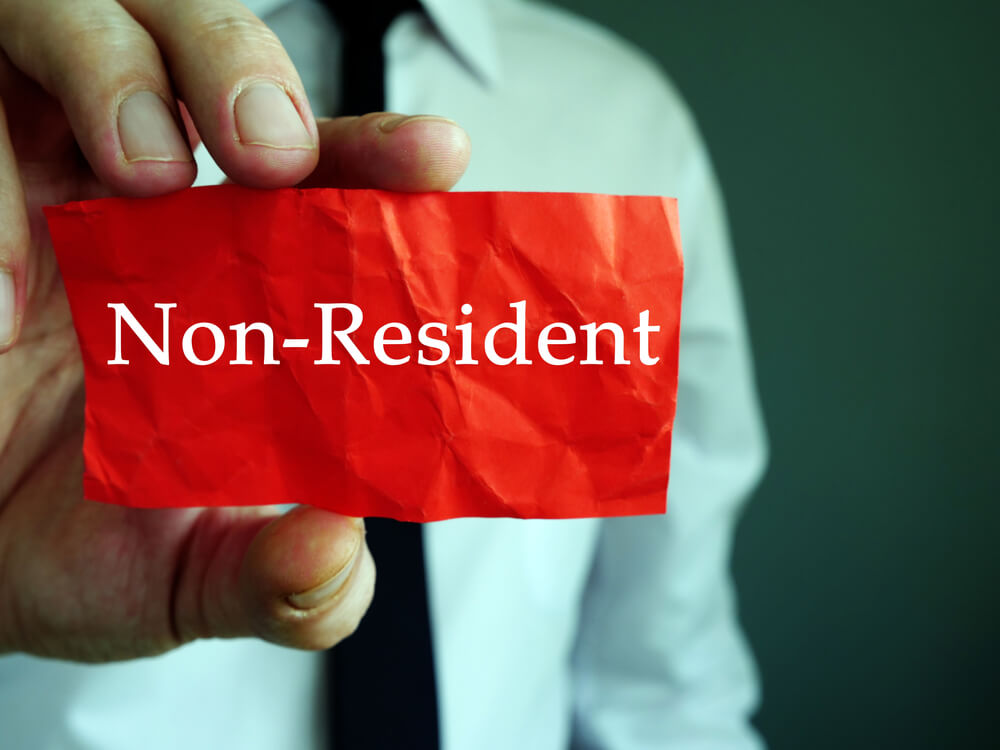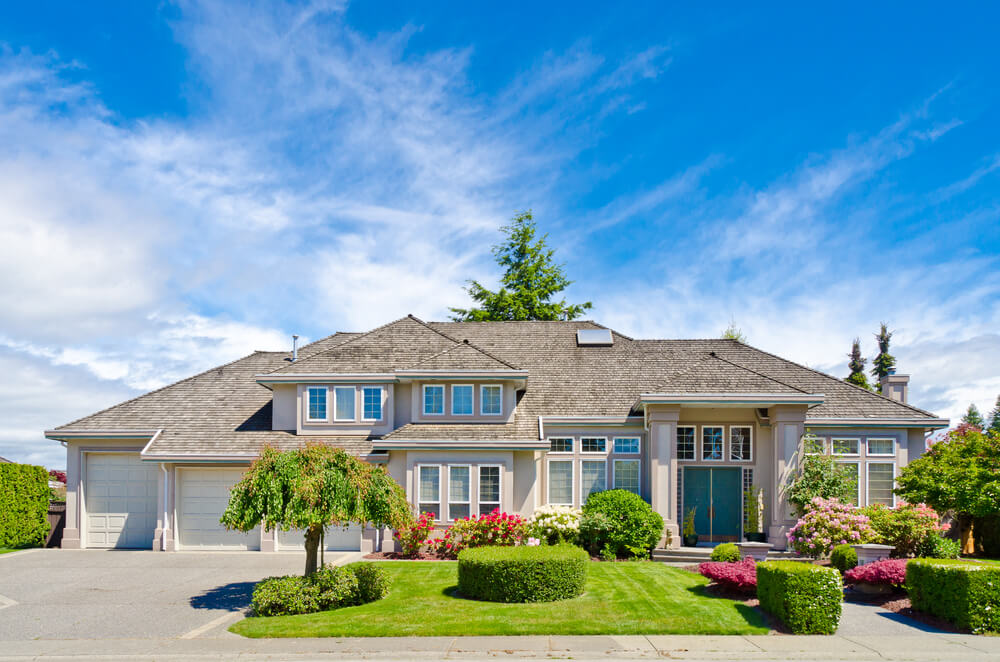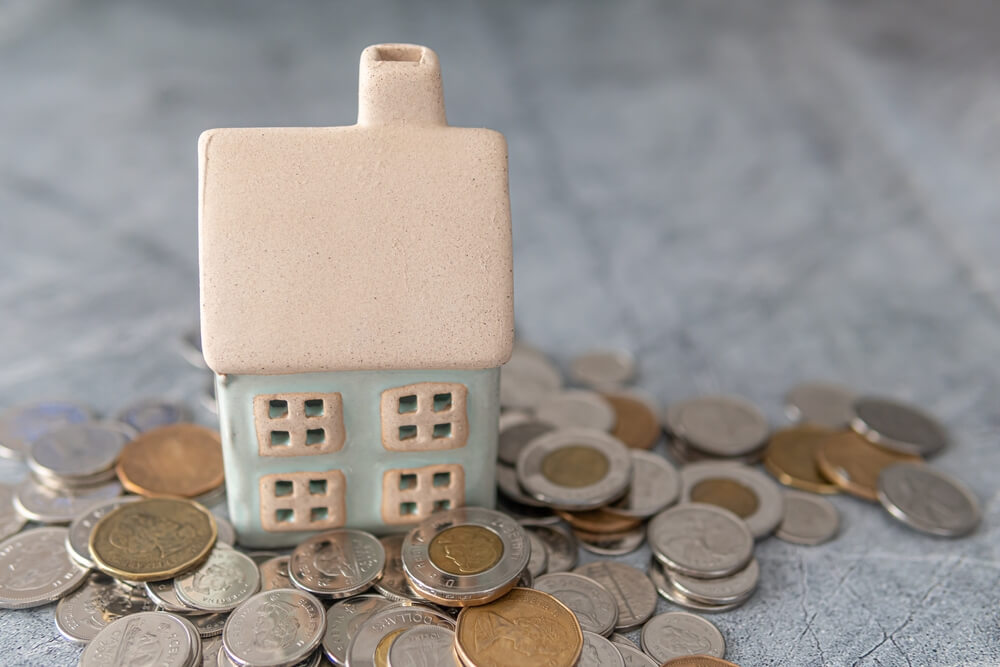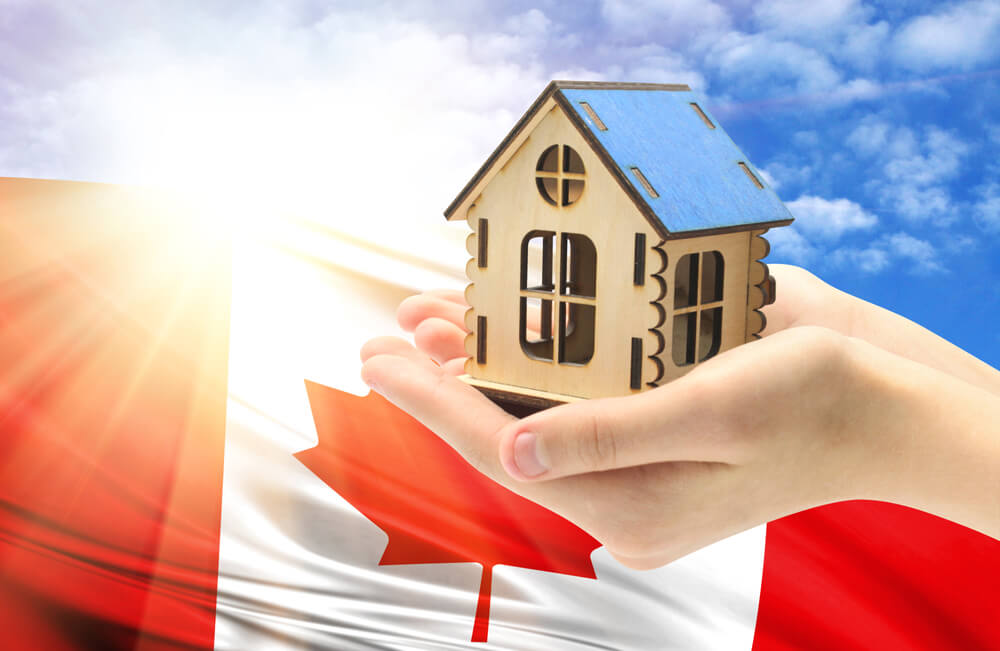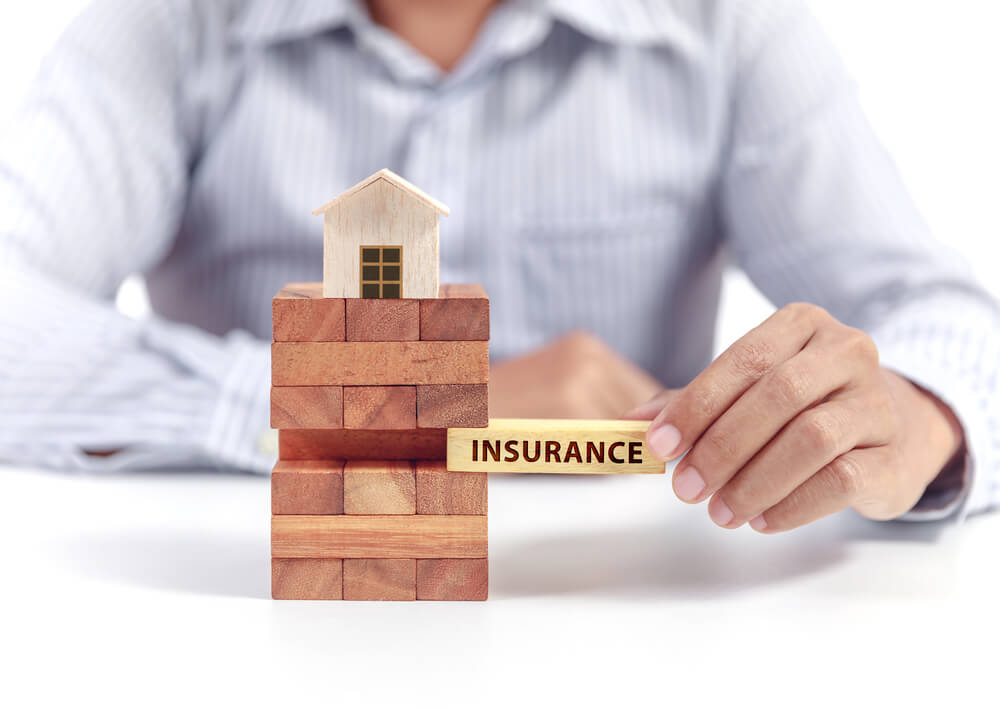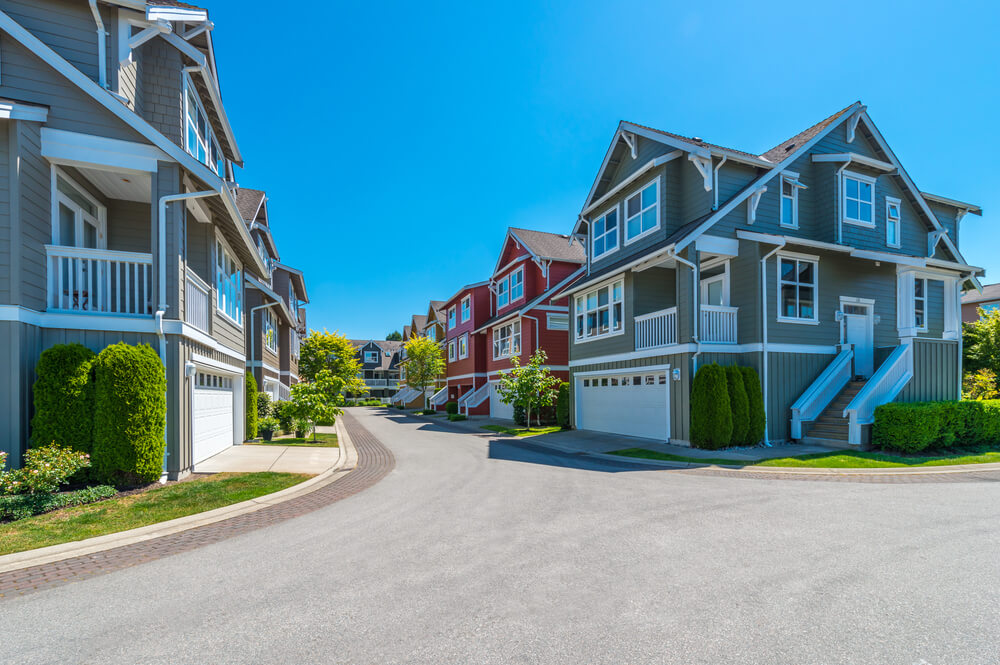This might be a widespread apprehension for people, who wish to invest in the Canada real estate market. But, Buying a House In Canada for Non-Residents is absolutely possible. The real estate market of Canada is open to locals and non-citizens including investors, ex-pats or an immigrant for that matter. Moreover, the Canadian Real Estate market offers no restrictions on the amount and typology of property you wish to buy in Canada (including Toronto).
However, if you are a non-resident and looking for a property in Canada’s real estate, you might get a bunch of opportunities. Head’s spinning a little, eh? You have come to the right place!
Here is everything you need to know if you are a non-resident and looking forward to buying a property.
Who is Termed as a Non-resident in Canada?
- If you usually, routinely or customarily live in another country, you are not a resident of Canada.
- Any person with nil residential ties in Canada and has either been a resident of another country through the tax year or has stayed in Canada for less than 183 days in a tax year, isn’t considered a resident of Canada.
If you do fit the criteria of being a non-resident, and are considering buying a property in the maple country, let us pave your way through the basics of Canada’s real estate.
Before You Start Looking for Properties in Canada Real Estate
Prior to shortlisting properties in Canada, you can start looking for professionals offering services in the same industry. These professionals might include a real estate agent, a mortgage broker, etc. These real estate professionals will help you walk through the process of financing, taxation, buying, selling and insurance. So, make sure and take your time to find yourself a competent and experienced investment professional. Apart form sharing information and ideas, you must connect with a consultant that takes care of your expectations, needs and goals.
All this information kept aside kept in a box, you will find all basics about Buying a House In Canada for Non-Residents here, which will give you a concrete base for your investment building.
-
Financing while Buying a House in Canada for Non-residents
Toronto’s real estate market is one of the most unconventional, with continuous episodes of sales rising, property prices fluctuations. A chunk of your ability to handle these events should be to put your money in a Canadian Bank in full use. Keep a note that, exchange rates do tend to fluctuate, considering the technicalities and delays that go into transferring money into Canada from a foreign country. Referring to the nature of properties, such things can easily discard your plan.
Normally, when you showcase your offer to buy a house in Toronto, you might have to deposit 5-10% fo the purchase price of the property. It is also important to note that all of this has to be done within 24 hours and in the format of a bank draft, certified cheque or a money order.
Hence, it is a good idea to meet with a Canadian bank manager or visit them to open an account. As a foreigner, you will also need a proper identification to contact the institution in person.
-
Seeking Mortgage in Canada’s Real Estate
There might be a lot of information available about the mortgage market in Toronto. Interestingly, there is more to it when you take the help of a mortgage broker to get a loan. Apart from having access to a bunch of Canadian banks, they also have a better understanding to get the best deal for you, eliminating your struggle in gauging mortgage rates.
Keeping that aside, it would be important for you to familiarise yourself with the outline of getting a mortgage in Toronto. Initially, you should know that it is possible to obtain a mortgage as a non-resident, while buying a house in Toronto. But with this comes a minimum down payment of 35%. However, lenders can offer you up-to 65% for the property’s value.
This might also require you to obtain a reference letter from your bank, bank statements from the past three months, tax returns to prove you mortgage payments and credit information. In order to get all this data, there are some lenders that might conduct interviews through phone, fax or email .These needs are variable and depends upon the bank. However, as per the mortgage interest, both non-residents and residents are exposed to the same rates, considering one of them meets the eligibility criteria.
As we conclude this, it is important to understand that closing costs can be deceiving and one must be aware of them.
Lastly, keep a check of the closing costs, as they will help you understand the right mortgage amount to borrow. These costs might include:
-
- Bank Appraisal fees
- Purchase Price
- Insurance Costs
- Inspection fees
- Closing legal fees
- Property transfer tax (paid by the buyer. 1% of the initial 100,000 CAD plus 2% of the remaining amount)
-
Insurance while Buying a House in Canada for Non-residents
You must financially secure your property against theft, fire and other unforeseen events that are capable of damaging your property or personal belongings. Above all that, there are lenders that might ask you to present a proof of property insurance. For anybody who is a non-resident, getting insurance can be comparatively difficult and expensive. But, according to the provided situations, you should consider finding ways to get a policy. It is also important to note that unlike car insurance, getting a homeowner’s insurance is not mandatory in Canada.
There are multiple insurance companies linked to insurance brokers who would be willing to share information about available choices. However, if you do opt to deal directly with an insurer, make sure that you bullet list the insurance quotes and all the necessary information before proceeding with an offer.
-
Home Inspection while Buying a House In Canada for Non-Residents
- The inspection of the condition of a property is a crucial part of the home-buying process that must be added to your contract according to the needs of the closing sale.
- Get yourself a professional contractor or inspector to examine your building’s structure, systems for defects and malfunctions, and its physical components.
- These components might include roofs, paint, windows/doors, cooling/heating systems, the foundation and so on. The surrounding area of the property is also examined and inspected on the basis of grading, drainage, plant issues, etc.
- There might be situations where the seller will issue an inspection report, but you cannot completely rely on it, because this can be compromised.
Considering all scenarios, it is only better to hand over the report to the inspector and let them take follow-ups on issues addressed thereafter. If manageable, you can give them company during the inspection so that you can get a better understanding of the property, get an idea of the problems and ask your questions.
-
Hire a Real Estate Lawyer to buy a house in Toronto:
While buying a house in Toronto, the main task that involves a lawyer is to ensure the real estate transaction is processed smoothly. Regularly, such transactions are not only difficult, but they include a noticeable risk. A major part of the lawyer involves reviewing agreements, making sure that the funds for sale are paid to the seller without any notified discrepancies, and that your name is registered under the property’s owner along with all the needed documents.
Mostly, in such situations, a lawyer is involved where you have just landed upon an agreement with the seller and the security of the property. Keep a note of the lawyer that you are selecting and check if they are experienced and competent to take your property case. Keep in mind, that there are both residential and commercial real estate lawyers.
Home Buying and Selling in Canada
If you are someone who just moved to Canada and are in search of properties, you can definitely look for properties online. Moreover, you can also get in touch with an agent or even buy one property from anywhere around the world.
It is important to understand that there are definitive stages in this process wherein travelling to Canada might be needed. Much like when you open a bank account, you get yourself a property in this process. However, other procedures like taking ownership of a property (closing) do not require your presence in the country.
There are many real estate professionals who can sort searches for you and get you a like-minded tenant or someone to manage your property.
Before hiring an agent, make sure they are on the same page as you and have a handful of experience in dealing and foreign home ownership.
In Conclusion
Well, if you have read this far, it is no question that you might be wondering what it must be like to buy a house in Toronto as a non-resident. All the processes listed above sum up the key factors and bullet points that you should pay attention to. There are some processes including taxation and financing which involve hiring a real estate lawyer per se. However, as a non-resident who is looking forward to buying a property in Toronto, you have to make sure to invest your time and money in the right direction and make the process successful and optimistic for yourself.
You May Also Read
| Best Investment in Rental Property | Money Saving Tips |
| Renting Homes | Real Estate Agents fees in Canada |
Frequently Asked Question (FAQs)
What does it cost to buy a house in Canada?
The concluding costs of any home lie between 2-4% of the purchase price. It is important to note that there are no levied costs or fees for international buyers, other than the foreign buyer’s tax, that are applied to speculators. The seller makes sure to pay both the seller and buyer’s realtor commissions.
Can I get permanent residency if I buy a house in Canada?
Owning any property in Canada does not give the candidate any benefit of getting a permanent residency in Canada.
Can I buy Canadian citizenship?
The Government of Canada provides healthy and wealthy foreigners with the benefit of possessing citizenship who invest in the economy of the country.


